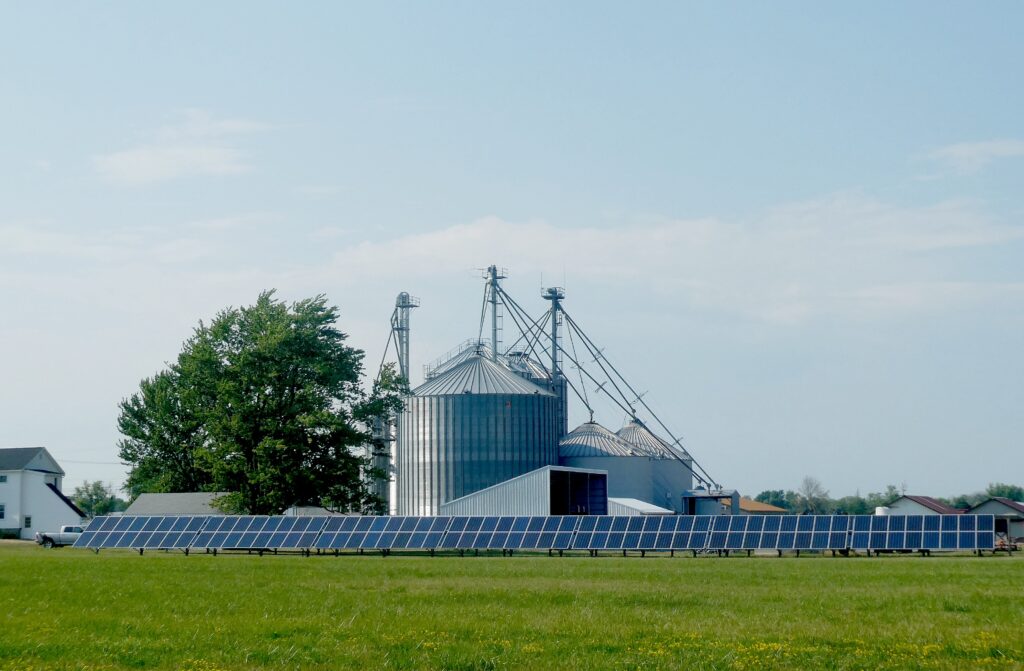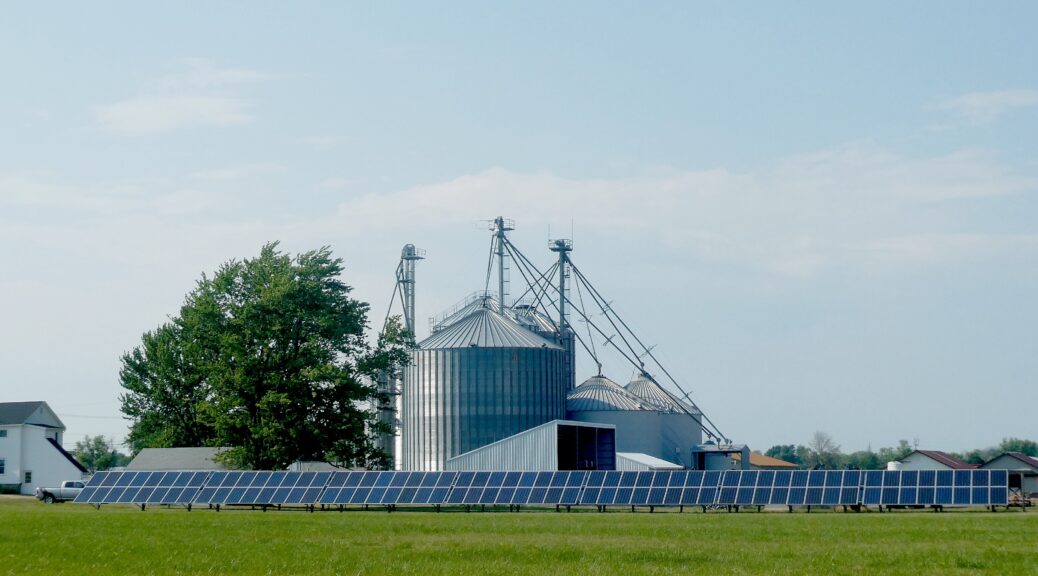Proposed rule to improve efficiency and reduce financial risks from climate change

This is from a White House fact sheet on the Biden-Harris administration’s proposed Federal Supplier Climate Risks and Resilience Rule which would require major Federal contractors to publicly disclose their greenhouse gas emissions and climate-related financial risks and set science-based emissions reduction targets, which President Biden outlined at COP27 .
The Biden-Harris Administration is taking historic action to address greenhouse gas emissions and protect the Federal Government’s supply chains from climate-related financial risks. In support of President Biden’s Executive Orders on Climate-Related Financial Risk and Catalyzing Clean Energy Industries and Jobs Through Federal Sustainability, the Administration is proposing the Federal Supplier Climate Risks and Resilience Rule, which would require major Federal contractors to publicly disclose their greenhouse gas emissions and climate-related financial risks and set science-based emissions reduction targets.
President Biden highlighted this proposed action at the 27th Conference of the Parties to the U.N. Framework Convention on Climate Change (COP27) in Sharm El Sheikh, Egypt. Through this action, the United States would become the first national government to strengthen its supply chain by requiring major suppliers to set Paris Agreement-aligned emissions reduction goals.
As the world’s single largest buyer of goods and services—purchasing over $630 billion in the last fiscal year alone—the Federal Government faces significant financial risks from climate change. Supply chain disruptions over the past year have impacted every sector, including the Federal Government and its critical contractors and subcontractors. The new Federal Supplier Climate Risks and Resilience Rule would strengthen the resilience of vulnerable Federal supply chains, resulting in greater efficiencies and reduced climate risk.
The proposed action is also an integral part of the President’s Federal Sustainability Plan, which set a goal to achieve net-zero emissions procurement by 2050. The Federal Supplier Climate Risks and Resilience Rule covers approximately 85 percent of the emissions associated with the Federal supply chain, which are estimated to be more than twice as large as the emissions from operating the Federal Government’s 300,000 buildings and 600,000 vehicles combined.
Managing emissions builds efficiency and effectiveness, and can reduce costs for Federal suppliers. Since establishing the Federal Government’s own climate goals, energy use by buildings and vehicles has dropped 32 percent, saving taxpayers $11.8 billion annually. Suppliers understand that you cannot manage what you don’t measure—tracking emissions and setting and meeting targets can increase resilience and reduce costs.
The proposed rule is part of the President’s leadership to implement the first comprehensive, government-wide strategy to measure, disclose, manage, and mitigate the systemic risks that climate change poses to American families, businesses, and the economy. In addition to protecting federal supply chains, agencies are taking new actions to protect pensions and retirement plans, insurance availability, household savings and credit, state and local government programs, our financial system, and the federal budget from the financial risks of climate change.
Federal Supplier Climate Risks and Resilience Rule
The proposed Federal Supplier Climate Risks and Resilience Rule provides a targeted, risk-based approach by focusing primarily on major Federal suppliers. Under the proposed rule, the largest suppliers including Federal contractors receiving more than $50 million in annual contracts would be required to publicly disclose Scope 1, Scope 2, and relevant categories of Scope 3 emissions, disclose climate-related financial risks, and set science-based emissions reduction targets. Federal contractors with more than $7.5 million but less than $50 million in annual contracts would be required to report Scope 1 and Scope 2 emissions. All Federal contractors with less than $7.5 million in annual contracts would be exempt from the rule. Small businesses with over $7.5 million in annual contracts would only be required to report Scope 1 and Scope 2 emissions under the proposed rule.
This proposed rule leverages widely-adopted third party standards and systems that many Federal contractors already use when disclosing their emissions and setting emissions reduction targets, including the CDP environmental reporting system, the Task Force on Climate-Related Financial Disclosures (TCFD) Recommendations, and the Science Based Targets Initiative (SBTi) criteria.
Today, more than half of major Federal contractors are already disclosing climate related information. These Federal contractors are among the 18,700 companies globally—worth more than half of global market capitalization—that voluntarily disclose emissions and climate risk through CDP, including 1,800 small and medium-sized enterprises. Further, nearly 4,000 companies globally—representing one third of the global economy’s market capitalization—have voluntarily committed to setting science-based targets.
The Federal Acquisition Regulatory Council, composed of the Department of Defense, the General Services Administration, the National Aeronautics and Space Administration, and chaired by the Office of Federal Procurement Policy in the Office of Management and Budget, is issuing this proposed rulemaking, which would amend the Federal Acquisition Regulation (FAR) to implement these changes, if finalized. The FAR is the primary regulation for use by all executive agencies in their acquisition of supplies and services with appropriated funds.
The Biden-Harris Administration invites public input on this proposed rulemaking. To learn more about the rulemaking, visit https://www.sustainability.gov/federalsustainabilityplan/fed-supplier-rule.html

